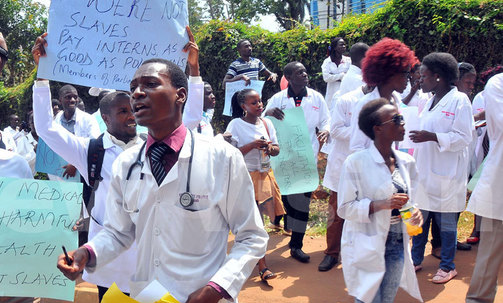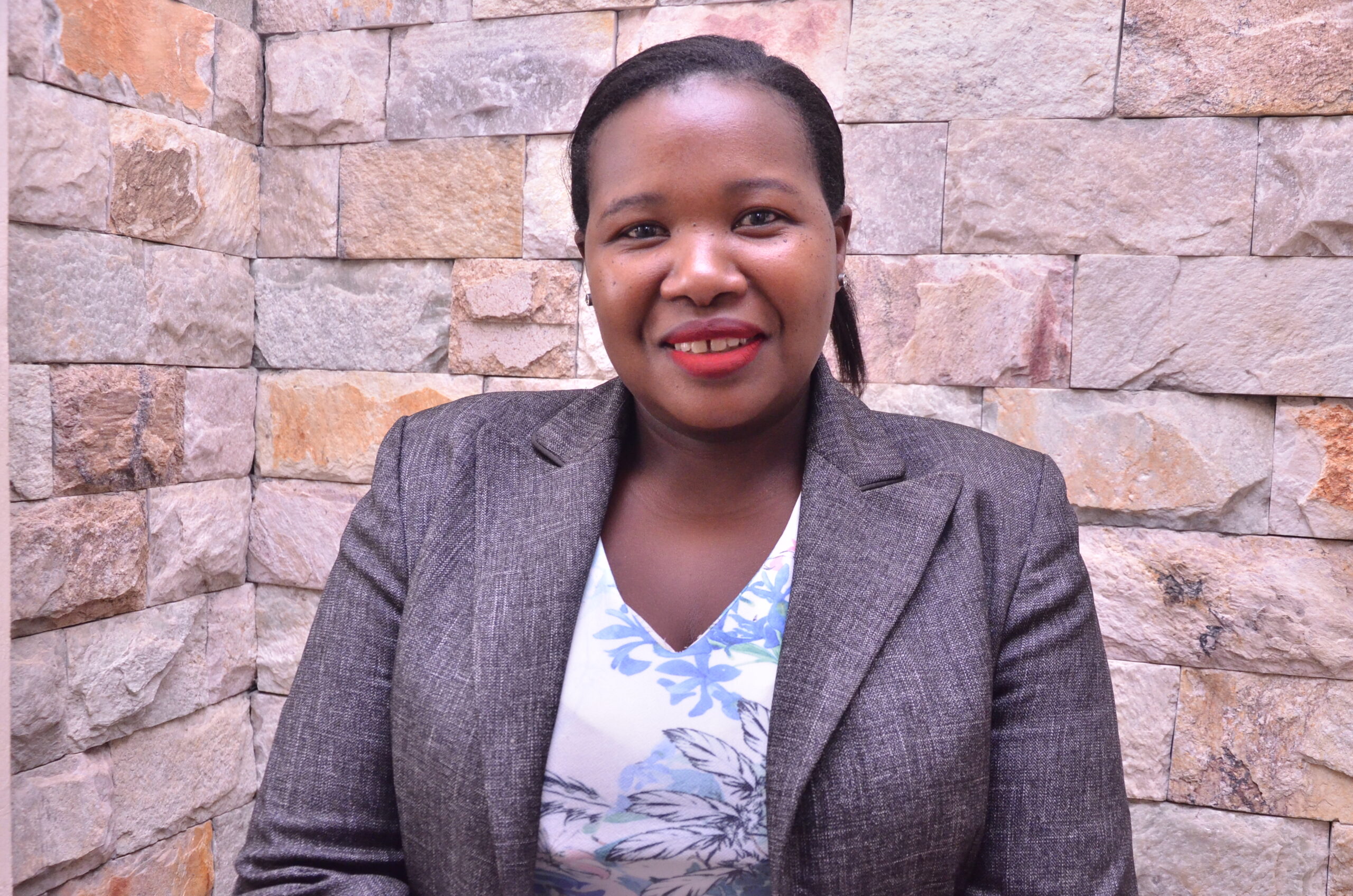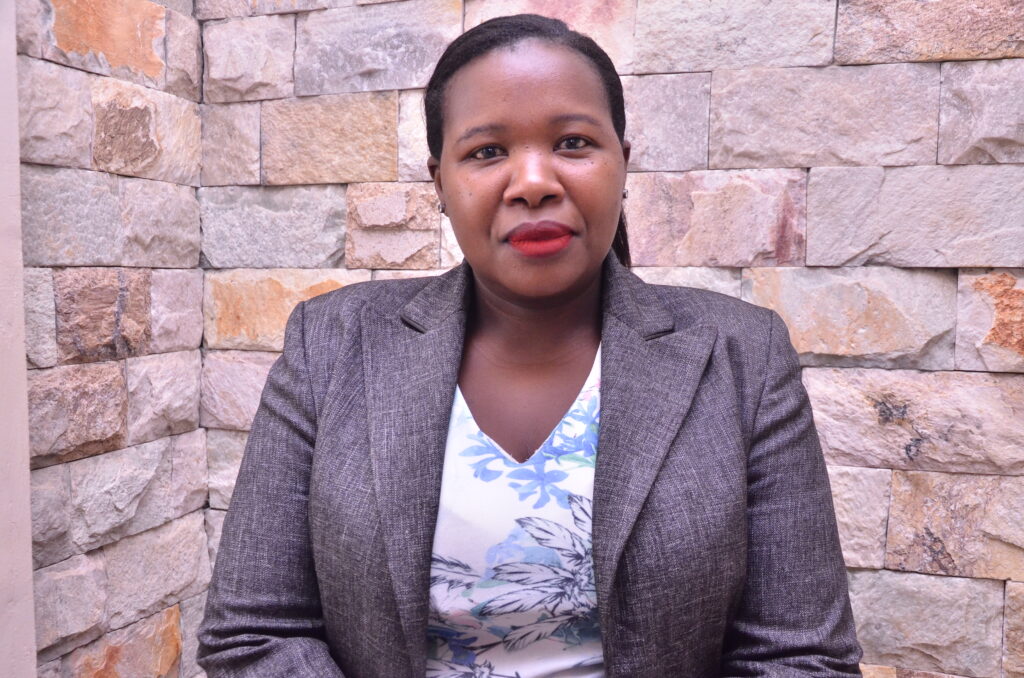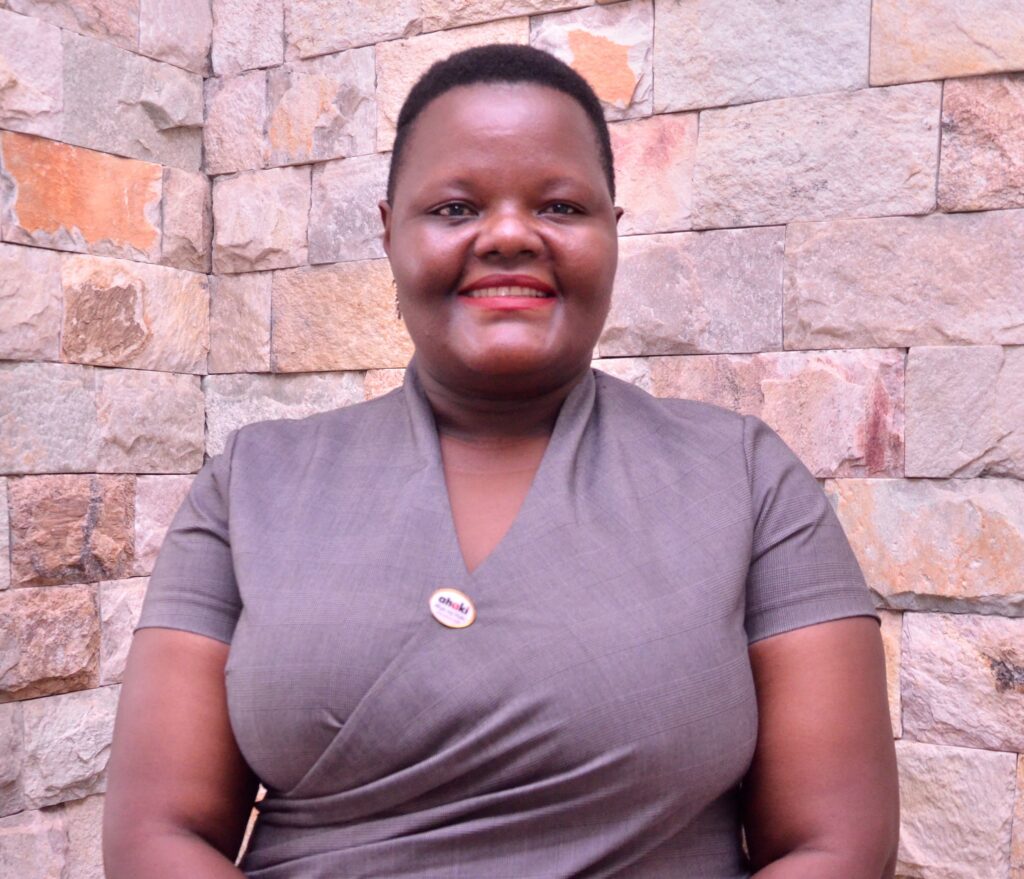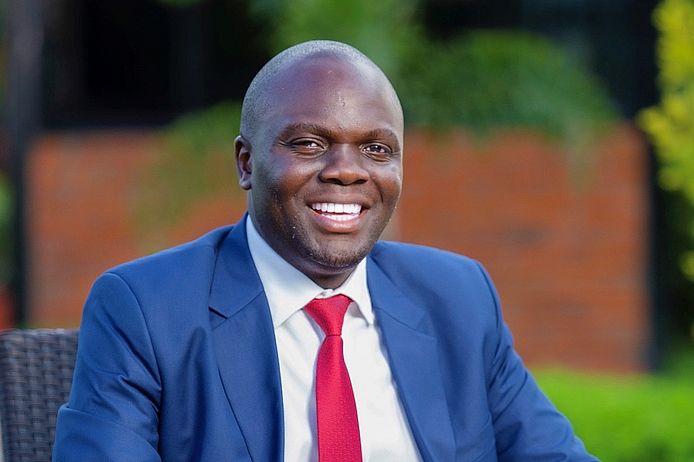”The budget framework papers indicate a number of unfunded priorities which will significantly affect quality healthcare. As a country, we have not been successful in increasing financing for the health sector”
By Peter Eceru
The Covid-19 pandemic has not only painfully exposed the gaps in the health systems and infrastructure, but also the high levels of vulnerabilities of individuals, and households. Most poor and vulnerable people in Uganda have limited resources to cope with the economic and health impacts of the pandemic. Ugandans at the base of the pyramid who are majorly women, experience enormous hardship when out-of-pocket payments, formal or informal, are high in relation to households’ ability to pay for health care. As a result, lack of financial protection reduces access to health care, therefore, undermining the health status and exacerbating health and social-economic inequalities.
With the aim of ensuring access to affordable quality health and reduce out of pocket cost for Ugandans several initiatives have been enforced including the elimination of user fees in 2001 The user fees at health facilities were used as an additional source of revenue to fund health care. Unfortunately, over the last 10 years, government contribution towards health care as a percentage of the national budget has reduced from 8.9% in 2010/11 to 6.1% in 2020/21 and this burden has been shifted to the donor community and households. Similarly, government contribution as a percentage of the national health budget reduced from 74.2% to 57% over the same period. This clearly demonstrates that the health of citizens is being gradually scaled down in terms of government prioritisation. What is even more worrying is that of the 57% government contribution towards the health budget, 53% is spent on recurrent expenditure such as salaries, oils and fuels, allowances and only 4% is spent on capital expenditure.
In the budget Framework Paper for the financial year 2022/23 that was laid before parliament on the 21st of December, 2021, it is evident that there will be no significant change. The budget framework papers indicate a number of unfunded priorities that will significantly affect the quality of health care. The unfunded priorities include; wage enhancement is unfunded to the tune of 47.9Bn, procurement and maintenance of equipment to the tune of 12.3 Bn, the Phased establishment of the national ambulance service- 20.8Bn shillings among others. This means that the health care system will still deal with challenges of unmotivated staff, inability to kick start the national ambulance service,
The World Health Organisation recognises that there are 3 inter-related domains that are fundamental to achieving and maintaining universal access to health care- raising sufficient funds for health care, reducing financial barriers to access by pooling funds in a way that prevents out of pocket costs and allocating funds in a way that promotes quality, efficiency and equity. Over the last ten or so years government has failed on all the 3 domains. As a country, we have not been successful in increasing financing to the health sector as a percentage of the national budget. The World Health Organisation argues that for a country to be able to achieve Universal Health Coverage, it must allocate about 15% of its budget towards health. Uganda has for most of the last 10 years allocated less than half of that. To be able to achieve our health targets as set out in the NDPIII Uganda, the programme Implementation Plan for Human Capital Development projects an expenditure of more than 9 trillion shillings in the 2021/22 FY. However, in the same financial year, the government allocated only 2. 7 trillion shillings leaving a funding gap of 6.3 trillion shillings. In terms of pooling resources, parliament passed the National Health Insurance Scheme Bill in 2021, but this was not assented to by the President and in accordance with the ruling of the Speaker of parliament, this was one of those bills that abetted. As a result, out-of-pocket expenditure on health is over 40% which is more than twice the World Health Organisation recommended.
Maternal, reproductive and new-born health is a key determinant of the opportunities that women and their children have in life. The budget must therefore ensure that pregnant mothers are capable of accessing a doctor regardless of where she is, be able to access blood whenever she needs it during childbirth among others. Women should have a right to safely bear children and to freely decide whether to have them, how many to have and when to have.
Peter Eceru is a Programme Coordinator-Advocacy, Health and Human Rights Advocacy at Center for Health, Human Rights and Development (CEHURD)
A version of this article was published in the Daily Monitor Newspaper on Wednesday 2nd January 2022.

